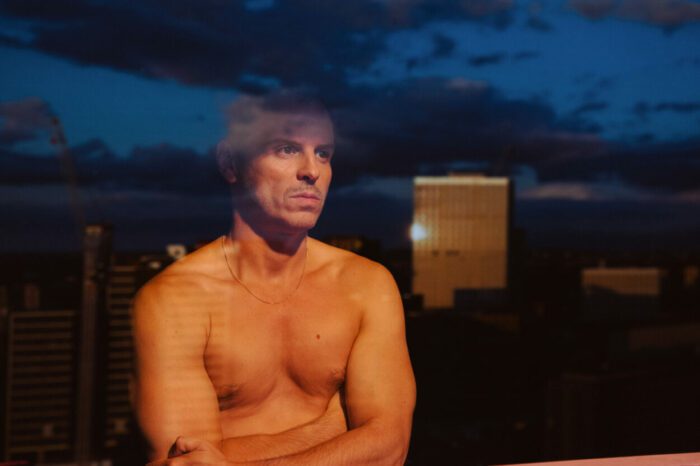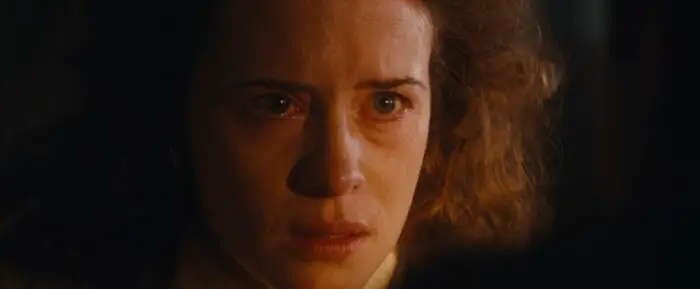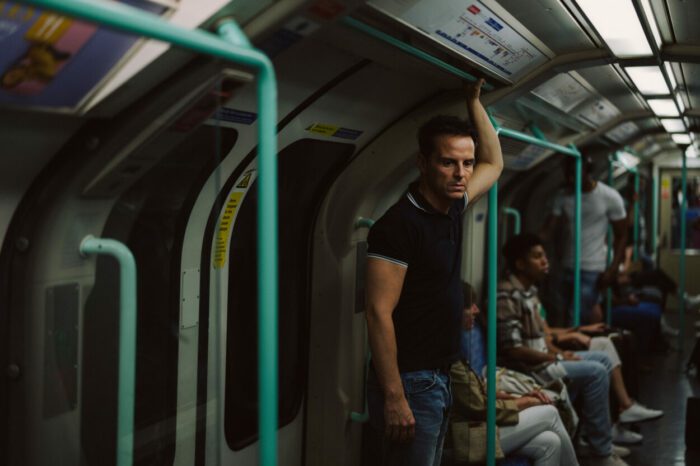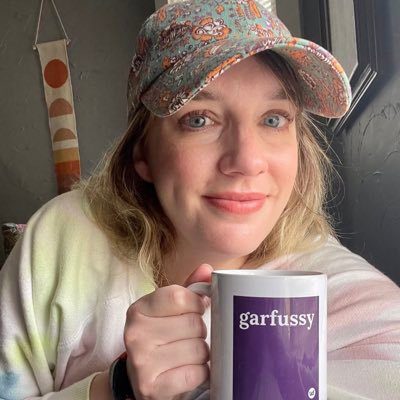Andrew Haigh’s All of Us Strangers is a film that weighed heavy on my heart long after viewing. The transcendent tale feels like a dream, and a fantastical one at that. It’s one filled with romance, heartache, and a world in which it’s possible to right the wrongs from our past. Andrew Scott is impeccable in the role of Adam, a quiet bachelor living a rather unremarkable life in London. When a handsome man named Harry (Paul Mescal) shows up in his shared apartment building with a sly, flirtatious interest, Adam’s decision to let Harry into his life opens a floodgate of possibilities and pent-up emotions.
Adam is a struggling writer in the throes of depression, and his mental state is vonveyed through a muted color palette and a soft, soothing musical score. I have never seen the melancholy, monotonous weight of sadness, or the tinge of hope brought on by the onset of a new relationship, expressed as palpably as what Haigh creates. The chemistry between Scott and Mescal is so real, and it simply radiates off of the screen. It also helps to set the emotional tone for what the audience is about to experience.

While Adam explores this blossoming romance with Harry, something amazing happens. Adam, taking a train that seems to transcend time and reality, begins traveling to his childhood home. There, he visits with his parents (Claire Foy and Jamie Bell), referred to only as “Mum and Dad” throughout the film’s entirety. It is an unimpressive feat, you may think. Until you learn that Mum and Dad have been dead for years. They were killed in a car accident decades ago.
Adam’s parents eagerly await their son’s return, anticipating his arrival with the fervor of a couple whose son has just returned from war. Their reunion is emotional. Not a thing in Adam’s childhood home has changed, down to the posters on his wall and his parents’ ‘80s ensembles. These inexplicable trips through time to visit the mother and father he lost so tragically serve as a vehicle to reopen old wounds, and to have conversations that younger Adam and his parents weren’t equipped to handle at the time.

Talks surrounding his sexuality prove to be a point of contention, with Mum’s response being hauntingly representative of the stigma with homosexuality and the AIDS epidemic at the time she died. Jamie Bell as Dad is, at first glance, more accepting of his son’s life. That is, until further exploration reveals a pain that had been buried while Dad was alive. Bell is the unsung hero of this story, with every word and expression conveying a painful yearning to understand the son he never truly knew.
As old wounds are confronted, visits to Adam’s childhood home become more frequent. His parents worry his inability to move on may be doing more harm than good. Meanwhile, as Adam and Harry’s relationship continues to grow, an attempt to introduce his parents to his new love goes awry. For the first time, we begin to question what is real—and what is the product of a man’s lonely, isolated psyche. Timelines become questionable. Cinematography becomes dizzying and disorienting. Adam appears to be losing his grip on reality, and we the viewers are simply along for the ride.

Though the relationship between Adam and Harry feels built to last, there’s an intense sadness surrounding the whole affair—as if there’s something ominous looming. And in way, there is. But I won’t spoil the surprise. All of Us Strangers is a slow and steady burn, anchored by strong performances from its four phenomenal leads. I watched with tears through my eyes from about the midway point until the very end. Don’t miss out on this haunting melodrama and see it on the big screen if you can.




